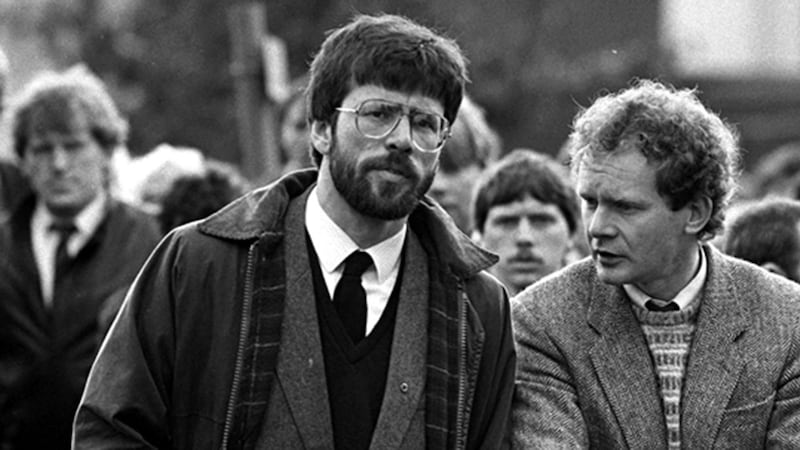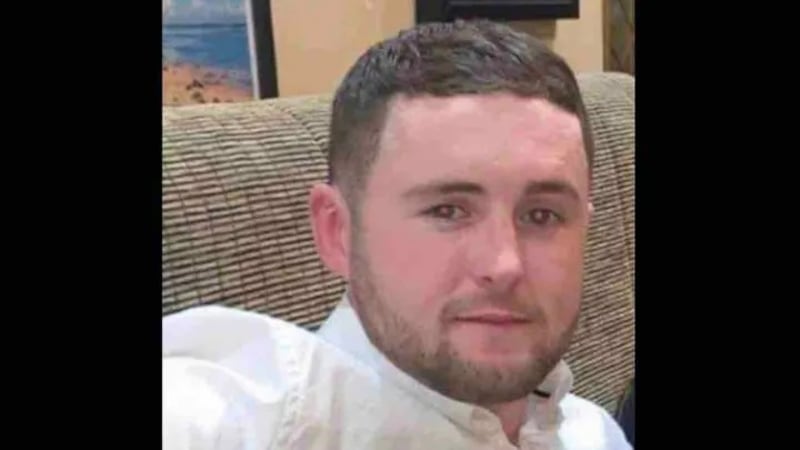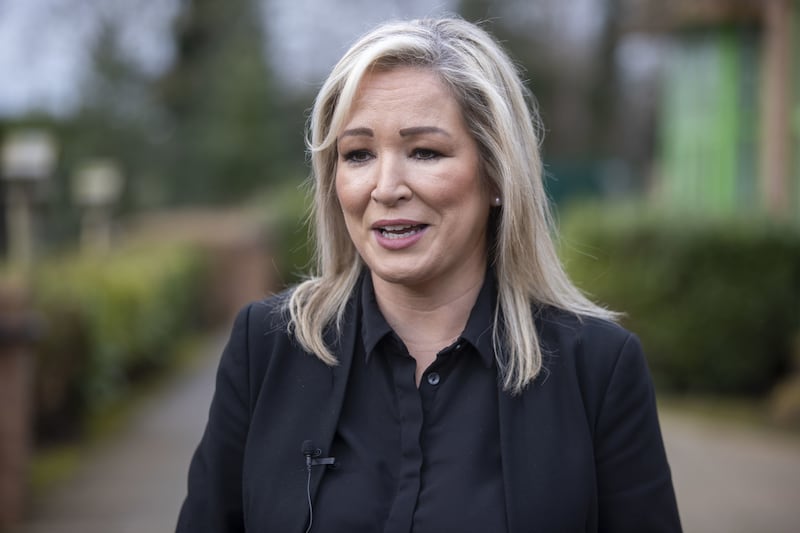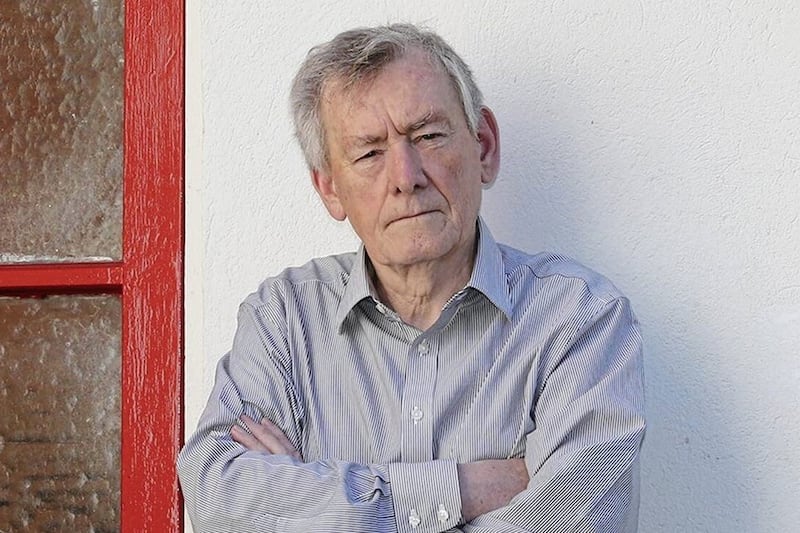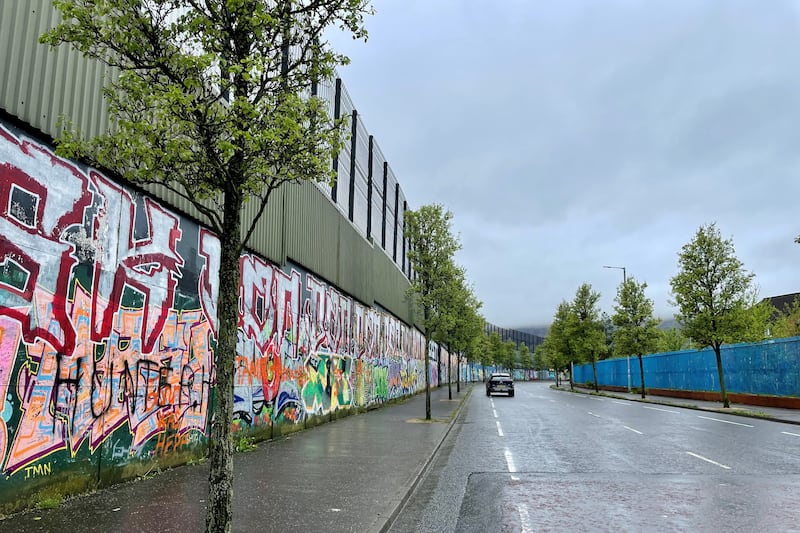Once described as "Britain's number one terrorist", Martin McGuinness left his past behind to become one of the major players in the peace process.
His unlikely journey took him from being second-in-command of the Provisional IRA in Derry on Bloody Sunday to deputy first minister at Stormont.
Mr McGuinness always acknowledged his IRA past.
In 1972, at the age of 21, he was second-in-command of the IRA in Derry, a position he held at the time of Bloody Sunday, when 14 civil rights protesters were killed in the city by soldiers with the 1st Battalion, Parachute Regiment
The following year he was convicted by the Republic's Special Criminal Court after being arrested near a car containing explosives and ammunition.
McGuinness once told how his parents were "horrified" when a local priest arrived at their door to say their son had been searching for parts to make "destructive devices".
He described his parents as "very religious people" and said their primary concern was always his safety.
After his release from jail, and another conviction in the Republic for IRA membership, he became increasingly prominent in Sinn Féin, eventually becoming its best known face after Gerry Adams.
During the Troubles McGuinness had read numerous academic dissertations which all concluded that the British Army could not militarily beat the IRA.
But he claimed he believed the IRA could not defeat the British and became motivated to convince people change could only happen through politics.
He was in indirect contact with British intelligence during the hunger strikes in the early 1980s, and again in the early 1990s.
.@BBCArchive takes a look back at the life of Martin McGuinness who has died pic.twitter.com/CWSL7iyy4b
— BBC Radio Ulster (@bbcradioulster) March 21, 2017
In 1982, he was elected to the Northern Ireland Assembly at Stormont representing his home city of Derry. He was the second candidate elected after John Hume.
He eventually became Sinn Féin's chief negotiator in the talks that led to the Good Friday Agreement which ended violence, secured IRA arms decommissioning in 2005 and shared government with former enemies.
In 2012, after his historic handshake with the Queen, Mr McGuinness said he "genuinely regretted" every life lost during the Troubles.
In a speech at Westminster he said: "Every single violent act was evidence of a failure of politics and a failure of British policy in Ireland.
"I genuinely regret every single life that was lost during that conflict and today I want every family who lost a loved one to know that your pain is not being ignored and I am willing to work with others to finding a way to deal with our past so that we can complete our journey to true reconciliation."
